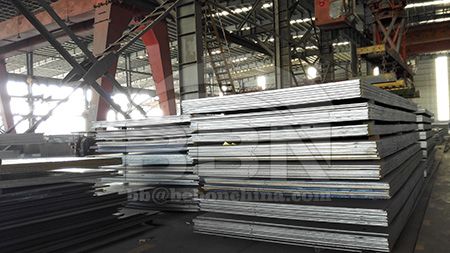
Short-term steel prices are expected to remain volatile due to various factors influencing the global steel market. Several key factors contribute to this volatility:
1. Economic Conditions: Fluctuations in global economic growth and industrial activity can impact steel demand, leading to price fluctuations. Uncertainty surrounding economic recovery and trade dynamics adds to the volatility.
2. Raw Material Costs: The prices of key raw materials used in steel production, such as iron ore and coking coal, can experience significant price swings due to supply disruptions, changes in global demand, and geopolitical factors. These fluctuations affect steel prices.
3. Government Policies: Changes in government policies, including trade policies, import/export regulations, and environmental regulations, can have a substantial impact on steel prices. Policy shifts or interventions can disrupt supply chains and create price instability.
4. Global Trade Environment: Trade tensions, tariffs, and anti-dumping measures between countries can disrupt steel trade flows and result in price volatility. Changes in import and export volumes and regional market dynamics influence price movements.
Given these factors, short-term steel prices are expected to exhibit volatility. Close monitoring of market developments, macroeconomic indicators, and policy updates will be crucial for stakeholders to navigate this dynamic landscape effectively.
Just like you, 70% customers choose long-term cooperation with BBN steel not only for our good product and service quality, good reputation in the international market, but also for our experienced one-stop raw material supply and further steel processing!
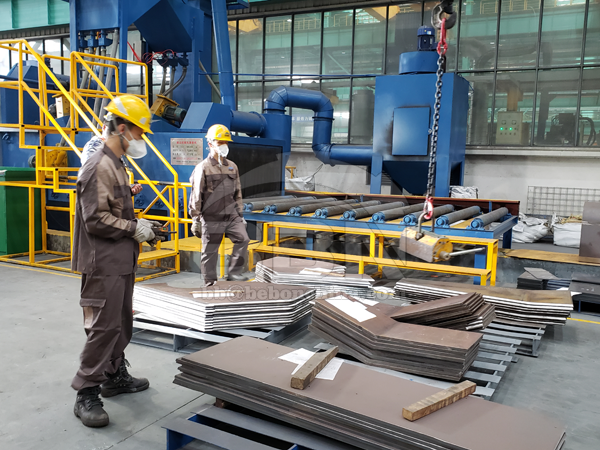
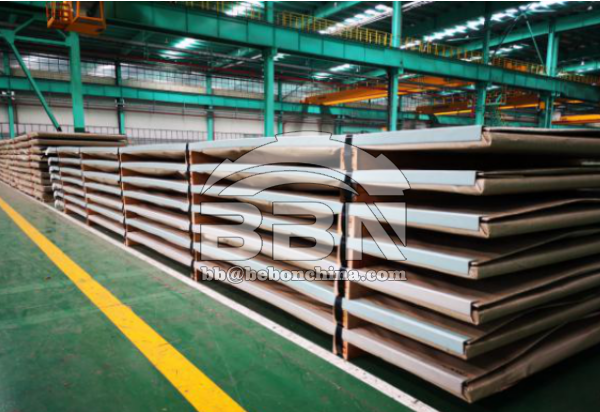
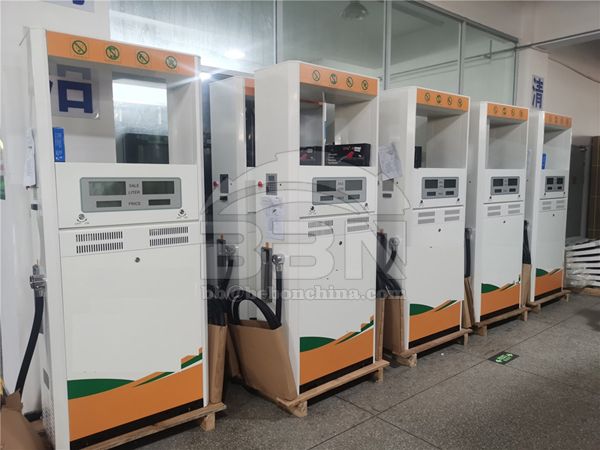
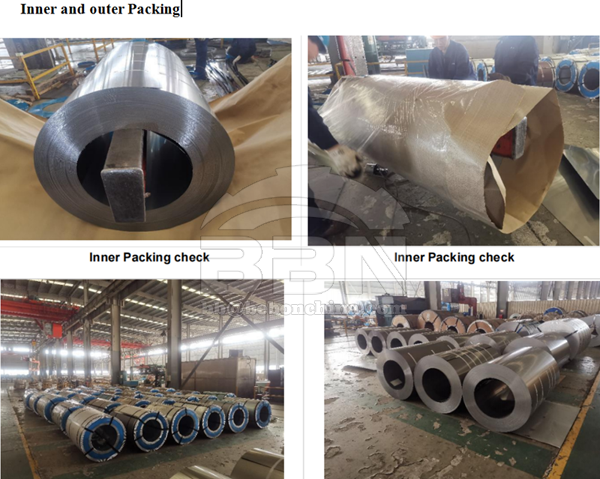

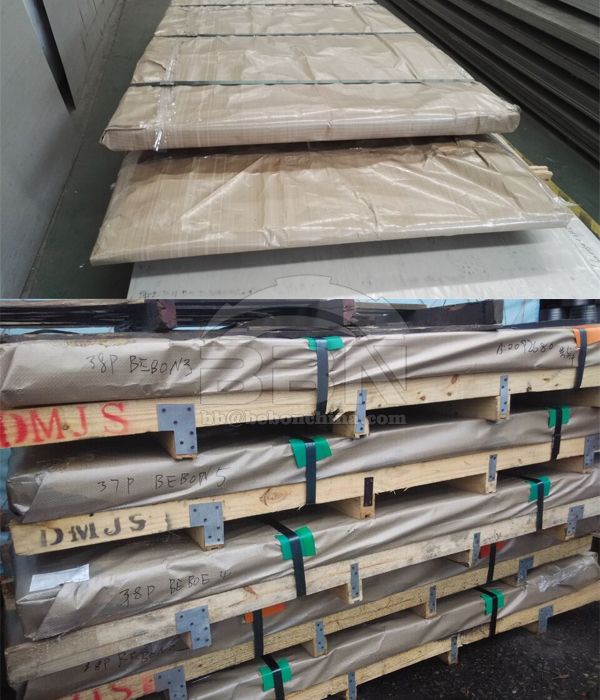
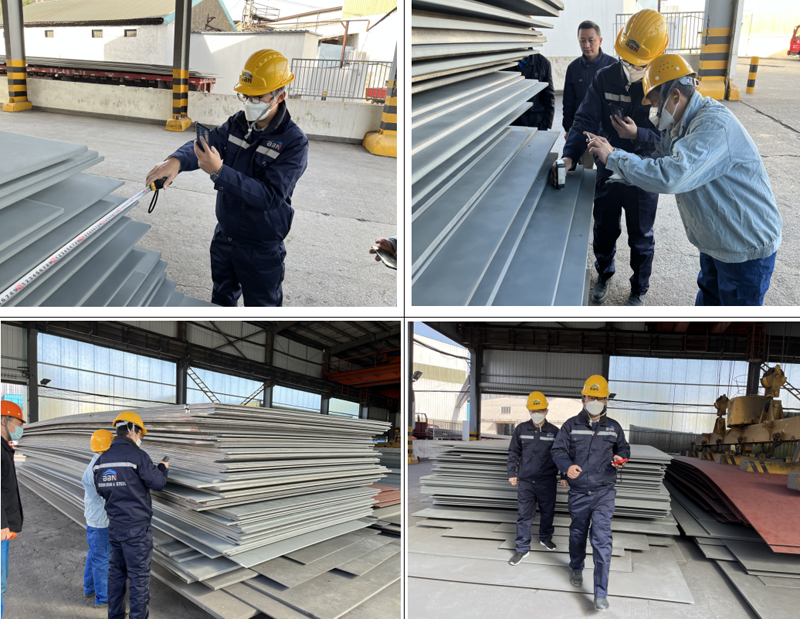
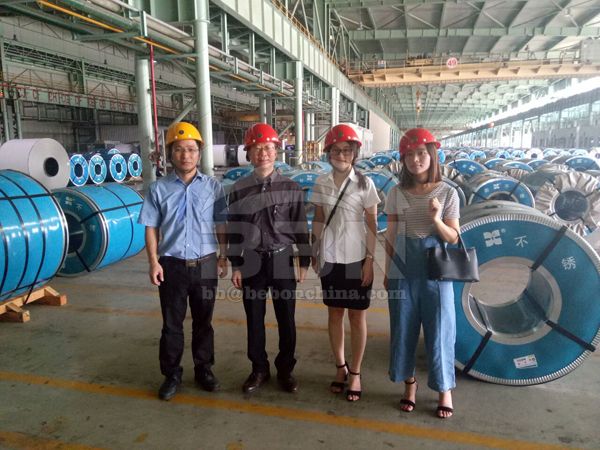
Henan BEBON Iron&Steel co.,ltd.